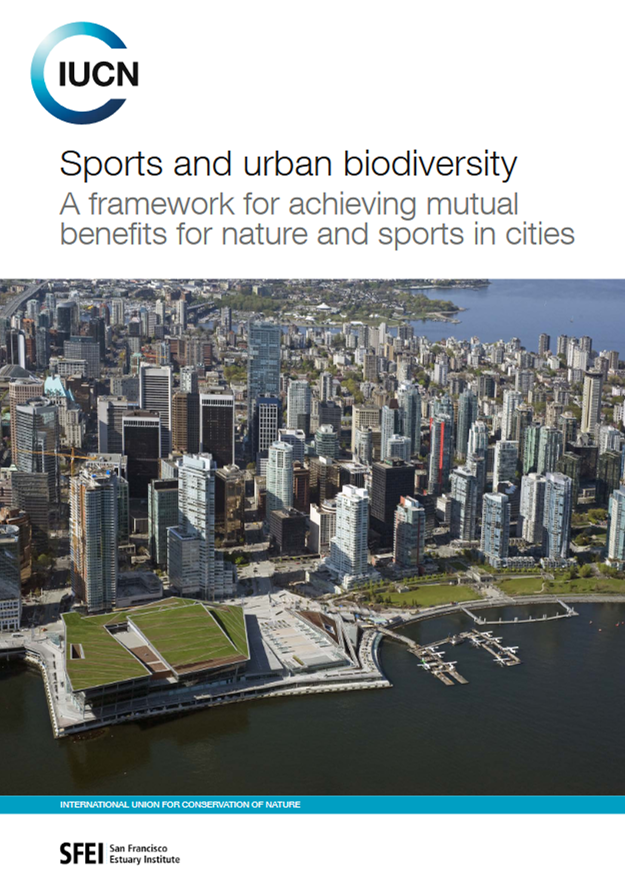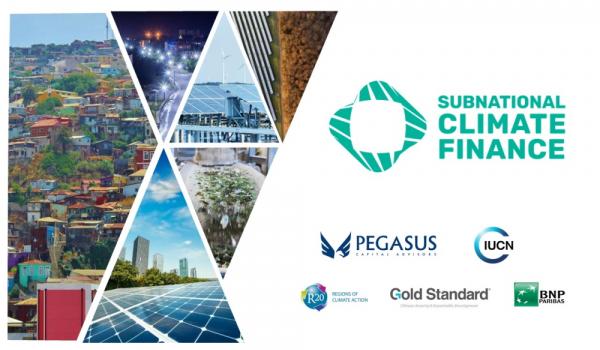IUCN-IOC guide demonstrates sports’ benefit to nature in cities
A new guide published by the International Union for Conservation of Nature (IUCN), in collaboration with the International Olympic Committee (IOC) and the San Francisco Estuary Institute (SFEI), identifies key ecological criteria that city officials and sports venue developers can apply to incorporate the needs of nature in their planning.
Organization(s):
Abstract:
Investing in nature and nature-based solutions is an important pathway to address the current ecological crisis. The loss of biodiversity, with around one million animal and plant species threatened with extinction, is putting at risk our economies, livelihoods, food security, health, and quality of life worldwide. Diverse and innovative measures are needed to reverse this decline and to restore healthy ecosystems. The magnitude of the challenge calls for the collaboration and contribution of all actors, including non-state actors, such as businesses, local authorities, civil society organisations, and individual citizens. Sports and urban biodiversity identifies the opportunities for sports federations and sport venue owners and operators to develop the seven elements essential for supporting nature in cities. Case studies from Europe, North America, Australia and South Africa capture the biodiversity actions taken by a variety of sports, from Olympic city planning to local projects at stadiums and practice facilities. These examples also reveal ways in which improvements to urban biodiversity elements can offer a better sporting experience for event participants and spectators.
IUCN, together with Pegasus Capital Advisors (Pegasus), BNP Paribas, Gold Standard, and R20 – Regions of Climate Action, have launched the Sub-national Climate Finance Initiative (SCF), a novel global funding instrument to mitigate climate change and strengthen community resilience projects, with an initial commitment of up to USD 150 million from the Green Climate Fund (GCF).
Mid-sized infrastructure projects at a sub-national level (e.g. municipalities, provinces) of around USD 30 to 50 million are playing a central role in improving the resilience of local communities to the impacts of climate change, especially in developing countries.
Dr Bruno Oberle, Director General IUCN, noted, “The private and public sectors need to work together to fast track nature-based solutions which benefit the environment, societies, and investors alike, with positive impacts on climate and societal resilience. IUCN has long championed this approach, and will lean on the Union’s expertise to ensure that investments by the SCF are not just financially, but also environmentally and socially sound.”

